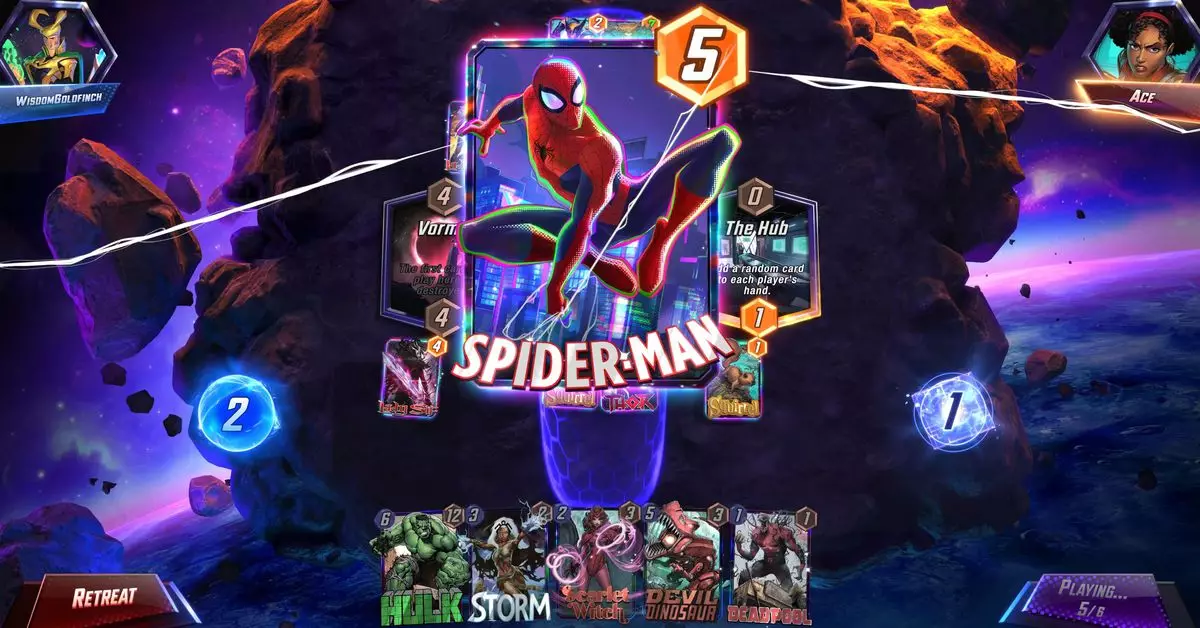The gaming landscape is often influenced by more than just market trends; it can be significantly affected by legislative actions and digital policies, as evidenced by the recent disruption experienced by Marvel Snap in the United States. This popular mobile game found itself offline after a legislative move that imposed restrictions on TikTok and other apps owned by ByteDance, the same parent company behind Marvel Snap’s publisher, Nuverse. Such intertwined relationships between technology companies underscore the precarious nature of digital ownership in a rapidly evolving regulatory environment.
On a Saturday night, gamers across the U.S. were left in frustration as access to Marvel Snap was abruptly cut. The connection between gaming and the regulatory environment is not one often highlighted. Many players simply enjoy their experience without considering the broader implications of the companies behind the games they play. The situation raises a critical question about how digital products can suddenly become inaccessible due to the legal entanglements affecting their publishing companies. The incident served as a stark reminder for the gaming community about the vulnerabilities present in digital ecosystems.
In response to the incident, Second Dinner, the game’s developer, announced plans to mitigate future risks by bringing more services in-house and exploring a partnership with a different publisher. This proactive stance reflects a growing awareness among game developers of the need to establish more stable frameworks that can regardless of external pressures from legislation or market conditions. By moving towards self-sufficiency, companies can better insulate themselves from sudden shocks and maintain a consistent user experience.
While Marvel Snap may be offline in the U.S., it is important to note that platforms such as Steam still list the game, indicating that it has not entirely vanished from the digital landscape. However, the absence of the game from app stores like the App Store and Google Play is telling. It suggests that the current regulatory climate may prompt developers and publishers to rethink their distribution strategies and pivot towards platforms that offer a degree of stability and safety from legislative upheaval.
The incident surrounding Marvel Snap serves as a case study for the gaming industry to reflect upon. Developers now face the challenge of navigating not only the technical and creative aspects of game creation but also the political and legal landscapes that can dramatically shape their accessibility. This turbulently shifting environment highlights the importance of adaptability and foresight in digital publishing strategies. As the gaming community awaits a resolution and the restoration of normal services, the implications of this disruption will continue to echo in future industry conversations about the intertwined nature of gaming, technology, and legislation.


Leave a Reply